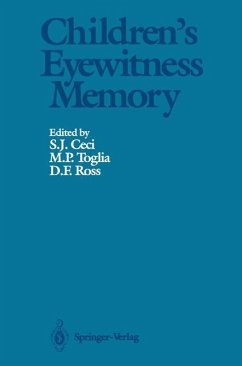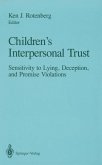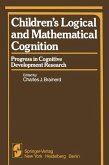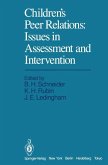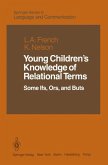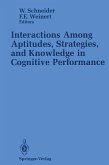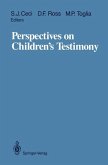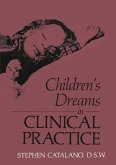This volume grew out of a 1985 American Psychological Association symposium that was devoted to the issue of children's eyewitness testimony. The symposium itself was organized in response to a growing concern among professionals over the limited state of knowledge about the reliability and validity of children's eye witness and earwitness memory and jurors' implicit beliefs about this. Increas ingly, the courts are calling upon young children to provide testimony in an ever-widening range of cases, including capital offenses. As state after state aban dons its rules requiring children's testimony to be corroborated by a third party, the need to learn more about factors that might influence the accuracy of chil dren's recollections becomes increasingly acute. This volume comprises a collection of chapters that lie at the crossroads of psy chology and criminal justice. All of the chapters deal with children's recollec tions, at least in some fashion. Some authors have described research involving children's recollections under emotionally neutral circumstances (e.g., Ceci, Ross, and Toglia; King and Yuille; Zaragoza); others have made the most of naturally occurring stressful situations, such as trips to the dentist's office or to the hospital to have blood work done (Peters; Goodman, Aman, and Hirschman).
Hinweis: Dieser Artikel kann nur an eine deutsche Lieferadresse ausgeliefert werden.
Hinweis: Dieser Artikel kann nur an eine deutsche Lieferadresse ausgeliefert werden.

